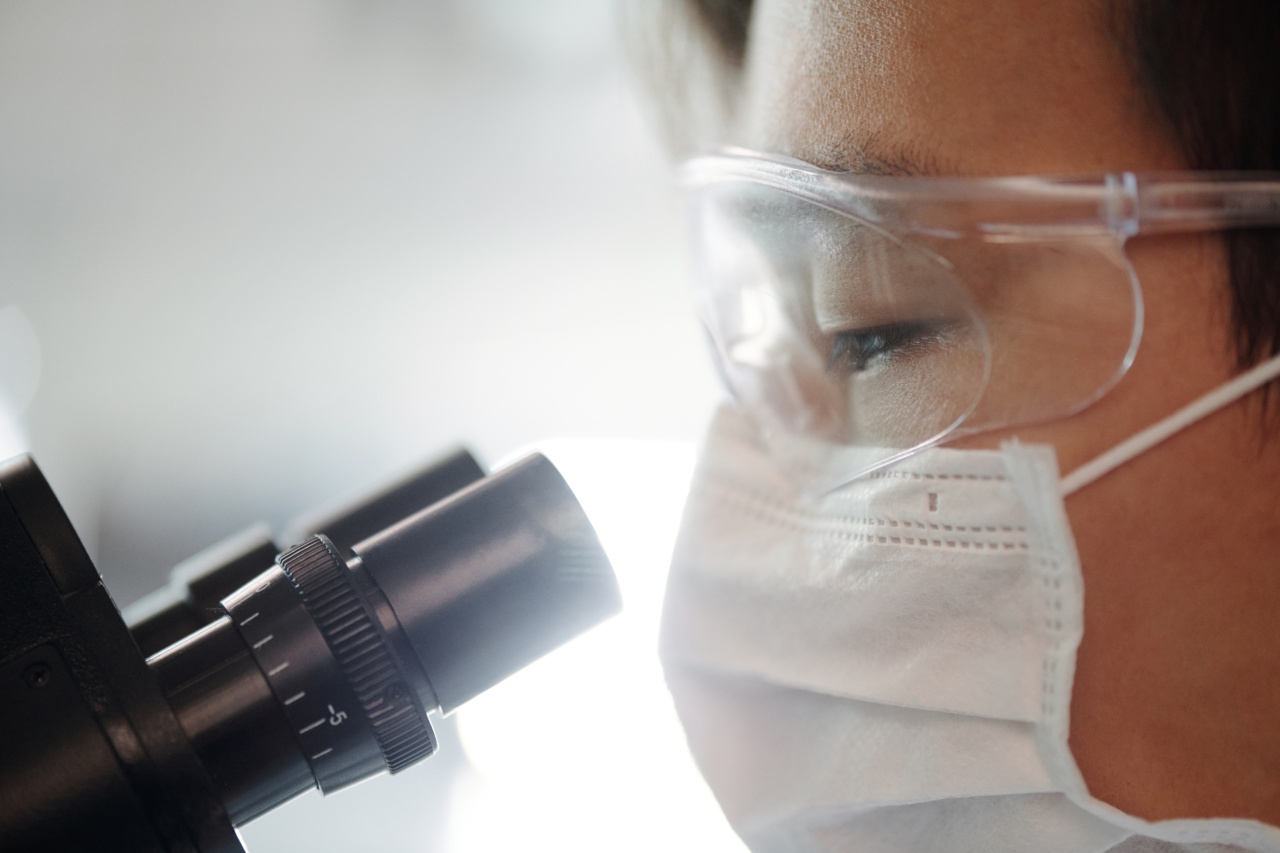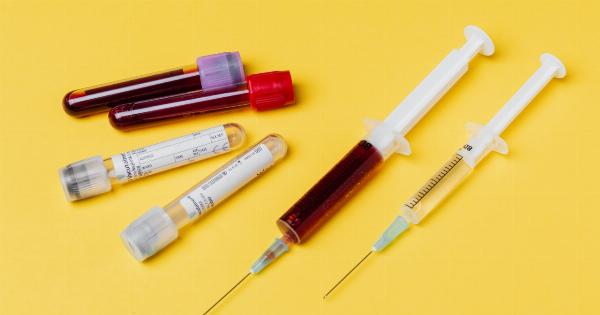High blood pressure, also known as hypertension, is a serious medical condition that affects millions of people around the world.
It occurs when the force of blood against the walls of your blood vessels is consistently too high, putting strain on your heart and other organs. If left untreated, high blood pressure can lead to numerous health problems, including heart disease, stroke, and kidney damage.
The Conventional Approach: Medications
Traditionally, the primary treatment for high blood pressure has been prescription medications, such as diuretics, beta-blockers, ACE inhibitors, or calcium channel blockers.
While these medications can be effective in lowering blood pressure, they often come with a range of side effects and may not address the underlying causes of hypertension.
A Drug-Free Alternative
For those interested in exploring drug-free methods to lower blood pressure, there is promising evidence that lifestyle changes and natural remedies can effectively reduce hypertension.
These alternative approaches not only help control blood pressure but also improve overall health and well-being.
1. Manage Stress
Stress has been closely linked to the development and exacerbation of high blood pressure. Chronic stress can lead to long-term increases in blood pressure, so it’s crucial to find effective ways to manage stress.
Practices such as meditation, deep breathing exercises, and mindfulness can help reduce stress levels and lower blood pressure.
2. Regular Exercise
Engaging in regular physical activity is one of the most effective ways to lower blood pressure naturally. Exercise strengthens the heart and improves blood flow, helping to reduce the force exerted on blood vessel walls.
Aim for at least 150 minutes of moderate-intensity aerobic exercise or 75 minutes of vigorous exercise per week.
3. Follow a Healthy Diet
The food you eat plays a significant role in your blood pressure levels. Adopting a healthy eating plan, such as the Dietary Approaches to Stop Hypertension (DASH) diet, can help lower blood pressure.
This diet emphasizes fruits, vegetables, whole grains, lean proteins, and low-fat dairy products while limiting sodium, saturated fats, and added sugars.
4. Reduce Sodium Intake
Most people consume more sodium than necessary, which can contribute to high blood pressure. It’s essential to read food labels and choose low-sodium or sodium-free options whenever possible.
Additionally, reducing the amount of salt used in cooking and avoiding processed or packaged foods can significantly lower sodium intake.
5. Limit Alcohol Consumption
Excessive alcohol consumption can raise blood pressure and contribute to other health issues. It’s recommended to limit alcohol intake to moderate levels, defined as one drink per day for women and up to two drinks per day for men.
6. Maintain a Healthy Weight
Being overweight or obese puts extra strain on the heart and increases the risk of developing high blood pressure. Losing even a small amount of weight can have a significant impact on blood pressure levels.
Adopting a balanced diet and incorporating regular exercise can help achieve and maintain a healthy weight.
7. Limit Caffeine
Caffeine is a stimulant that can temporarily raise blood pressure.
While the effects vary among individuals, it’s advisable to monitor your caffeine intake and limit consumption if you notice a significant increase in blood pressure after consuming caffeinated beverages or foods.
8. Get Sufficient Sleep
Poor sleep quality and sleep deprivation have been associated with higher blood pressure levels. It’s crucial to prioritize getting enough quality sleep each night for optimal overall health and blood pressure control.
9. Increase Potassium Intake
Consuming foods rich in potassium can help regulate blood pressure. Potassium balances the effects of sodium and helps relax blood vessel walls.
You can increase potassium intake by incorporating foods like bananas, avocados, leafy greens, and beans into your diet.
10. Use Relaxation Techniques
In addition to managing stress, relaxation techniques like guided imagery, progressive muscle relaxation, and biofeedback can contribute to lower blood pressure by promoting a state of calm and reducing tension in the body.
While these drug-free methods have been proven effective in lowering blood pressure, it’s important to consult with a healthcare professional before making any significant changes to your lifestyle or stopping any prescribed medications.































